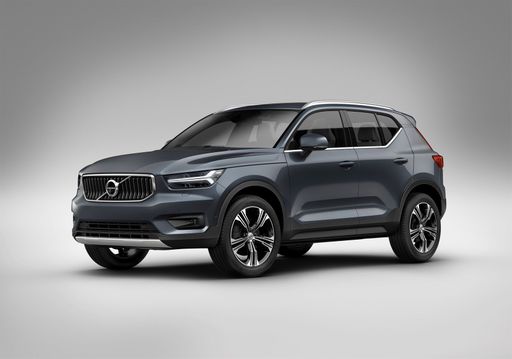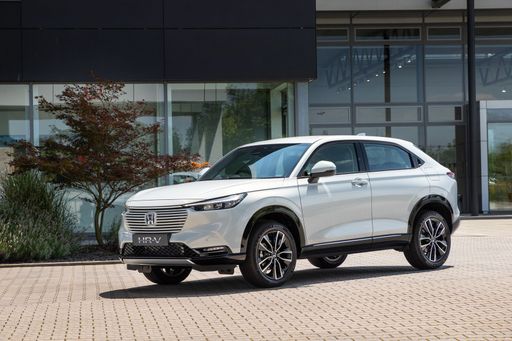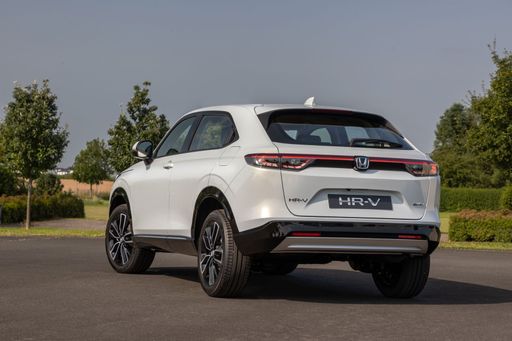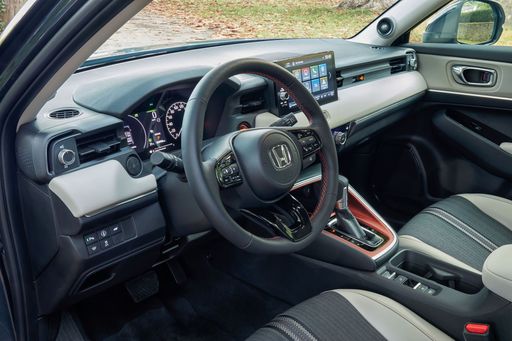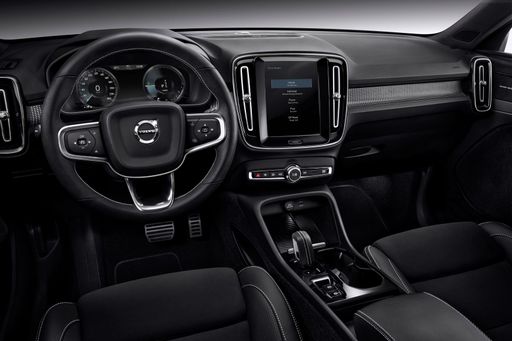The Battle of the SUVs: Honda HR-V vs. Volvo XC40
In the growing compact SUV segment, two notable contenders are the Honda HR-V and Volvo XC40. Both of these vehicles offer a blend of style, comfort, and innovative features, but they cater to different preferences. In this comparison, we will delve into the technical specifications and innovations that set these two models apart.

